Better Sleep: 11 Most Effective Essential Oils for a Good Night’s Rest
Better Sleep: 11 Most Effective Essential Oils for a Good Night’s Rest
Overview:
Better sleep with essential oils – Today, we’re talking about sleep. Aromatherapists started the asleep revolution to help more people realize the importance of A good night’s rest. Sleeping, being the most important nutrient for your body, it’s not surprising that skipping sleep results in lower productivity and overall health problems.
Getting a good night’s rest is in, but how can you ensure that you get the sleep you deserve? Our sleep is negatively affected by many different factors, including stress, and aromatherapy is a great way to treat each symptom.
A tight muscle can eventually cause discomfort when we’re stressed. You are likely stressed out because of those knots in your shoulder. A sore muscle can keep you awake at night. It is best to rub essential oils into tight areas of your body to ease the tension causing you problems getting comfortable in bed.
The relaxation essential oil in your diffusers will do wonders for keeping your mind calm and centered. Melatonin is released as a result of the pleasant scent of this product. Releasing that hormone washes over the brain, giving it a signal to shut down those distracting thoughts and get ready for a good night’s rest.
Oils derived from plants are natural compounds. Many cultures have utilized these oils for medicinal and cooking purposes, as well as perfumes and cosmetics. Recently, aromatherapy has gained popularity as an alternative to conventional healing methods because of essential oils’ calming and therapeutic feelings. Many individuals who suffer from difficulty sleeping can benefit from adding essential oils to their nighttime routine.
How essential oils help with sleep
Essential oils are generally beneficial in three ways:
- Inhaling
You can use Various methods to use essential oils, but most commonly, inhalation is the most common. A few drops of the oil are put into a diffuser, where the molecules are dispersed through the air so you can breathe them in.
- An application made directly to the skin.
This approach allows molecules applied to the skin to permeate the body and absorb the molecules. Because some of the oil will evaporate, you will also be able to smell the oil as you will be smelling the volatile nature. Before applying essential oils, dilute them with a carrier oil, such as apricot or almond. You should first test the oil on a small area of your skin to make sure it is compatible with your skin type.
- Ingesting
Food and drinks can be made healthier by adding essential oils, but doing so without professional guidance is not recommended. As easy as it is to use inhalation and direct application, the risks outweigh the benefits.
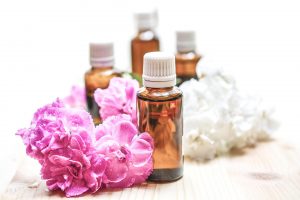
Exactly how do essential oils work?
The essential oils you ingest affect your olfactory system and limbic system, which are both parts of your brain.
By inhaling, molecules from the essential oils reach the brain. Their effect on the limbic system, also known as the brain’s emotional center, occurs when they reach the brain, particularly the amygdala.
A common effect of essential oils is that they regulate a person’s mood by causing neurotransmitters such as serotonin and dopamine to be released into the brain. The neurotransmitters in serotonin and dopamine contribute to feelings of calm and relaxation, as well as melatonin, the hormone that causes you to feel sleepy at night.
A list of the most effective essential oils for a good night’s rest
The following essential oils may help you relax and fall asleep:
- Lavender: The sedative properties of lavender help calm anxiety. [1]It may help you sleep deeper and slower-wave, as well as help you fall asleep quicker.
- Chamomile: As a calming agent, chamomile reduces stress. Apigenin, which binds to benzodiazepine receptors, may be responsible for the sedative effects. In addition to the benefits of chamomile essential oil, Chamomile benefits are available in other forms as well. The plant’s flower can be used as the base for brewing tea, a relaxing and rejuvenating beverage.
- Bergamot: You will be able to rest better night due to Bergamot oil’s ability to lower your blood pressure, heart rate, and anxiety.
- Clary Sage: It is a natural sedative and can help reduce the stress hormone cortisol or cortisol levels.
- Valerian: It has been proven that Valerian is an effective way to reduce anxiety, which helps you fall asleep.
- Sandalwood: An oil derived from sandalwood is effective in calming anxiety and promoting relaxation. In addition to being sedating, it also has anti-inflammatory properties.
- Ylang ylang: This essential oil can also be used to relieve anxiety during times of stress due to its sedative properties.
- Jasmine: Research has shown that jasmine can help with restless sleeping, improving the quality of your sleep.
- Frankincense: A good night’s rest may be facilitated by Frankincense, which may promote relaxation.
These essential oils may be useful for people suffering from a stuffy nose or other mild cold or allergy symptoms that keep them from sleeping:
- Peppermint. The anti-inflammatory properties of peppermint oil make it useful for treating inflammation. Snoring and symptoms of sleep apnea may be reduced with the help of nasal and airway clearing.
- Eucalyptus. Clearing your sinuses and airways with eucalyptus oil is also beneficial. There is evidence that it will help you breathe easier and sleep better by breaking up mucus in your airways and sinuses. Medications used to treat colds often contain eucalyptus oil.[2]
Final Thoughts
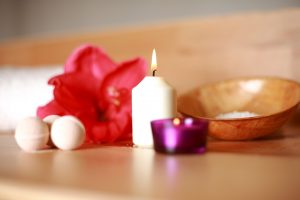
You can use essential oils for mild snoring not caused by sleep apnea or other sleep disorders or supplement other therapy that your physician may have prescribed. Essential oils are not intended to treat sleep apnea or other sleep disorders.
Contacting your doctor if you think you have sleep apnea or any other health problems is the best way to determine if you require a sleep study. Having a test performed at home can help you quickly determine if you are at risk for not having enough rest at night.
Before beginning any treatment on your own, seek the advice of your healthcare professional.
References
- M.A. Cavanagh and J.M. Wilkinson, Biological activity of lavender essential oil. Phytother. Res., 16, 301–308 (2002). [Crossref], [PubMed], [Web of Science ®], [Google Scholar]
- D. Penoel, Eucalyptus smithi essential oil and its use in aromatic medicine. Brit. J. Phytother., 2, 154–159 (1992). [Google Scholar]
Toxic Free Essential Oil Laundry System

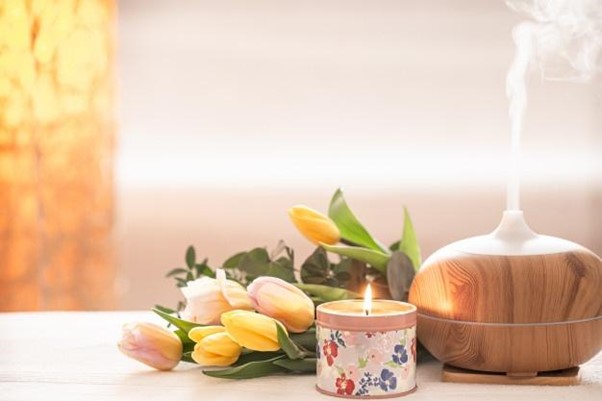

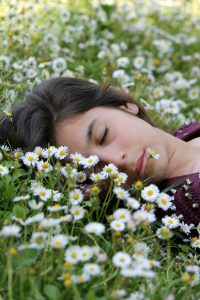


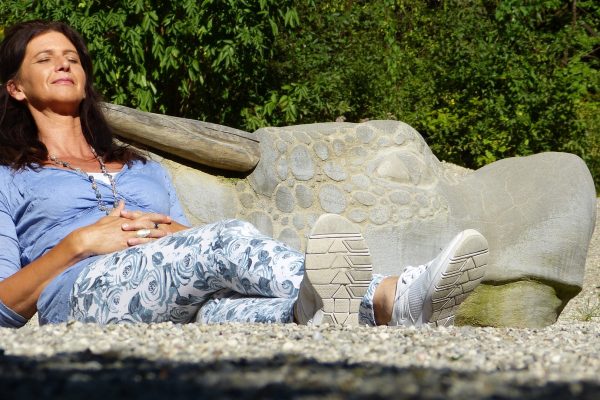
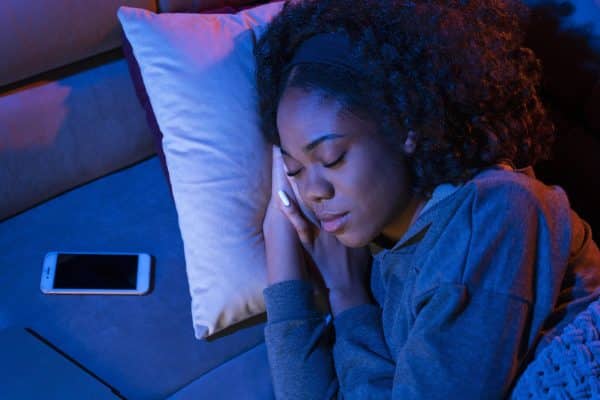
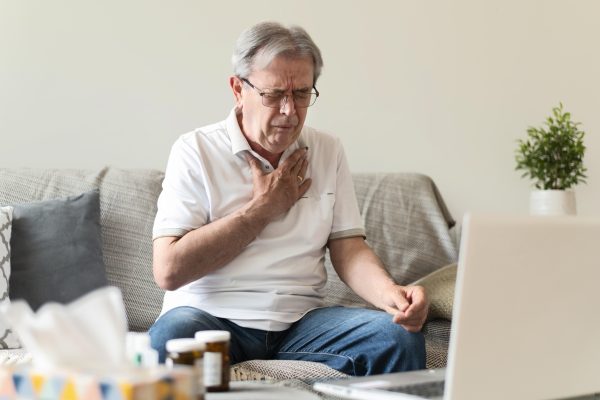

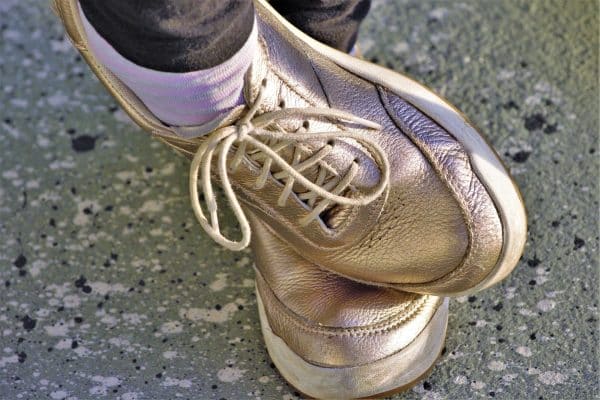

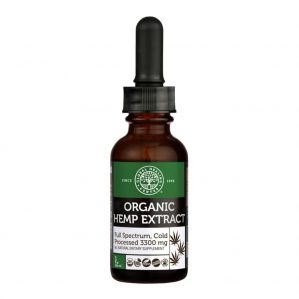
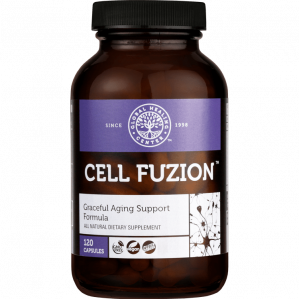
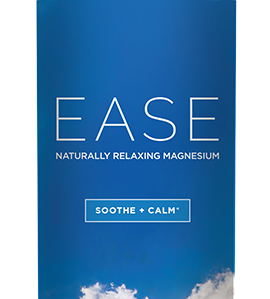

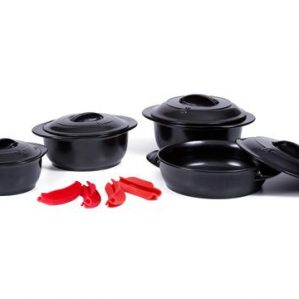











3 Comments
[…] energy levels but positively impacts almost every aspect of your health and happiness. Quality sleep has been linked with better immune response, stronger tissues, lower inflammation, healthy cortisol […]
[…] diffusing some essential oils in the room to further promote relaxation. Essential oils like lavender, frankincense, clary sage, myrrh, sandalwood, patchouli are known for […]
[…] Read our other articles and learn to use Essential Oils for better Sleep and Essential for excellent Oral Care […]